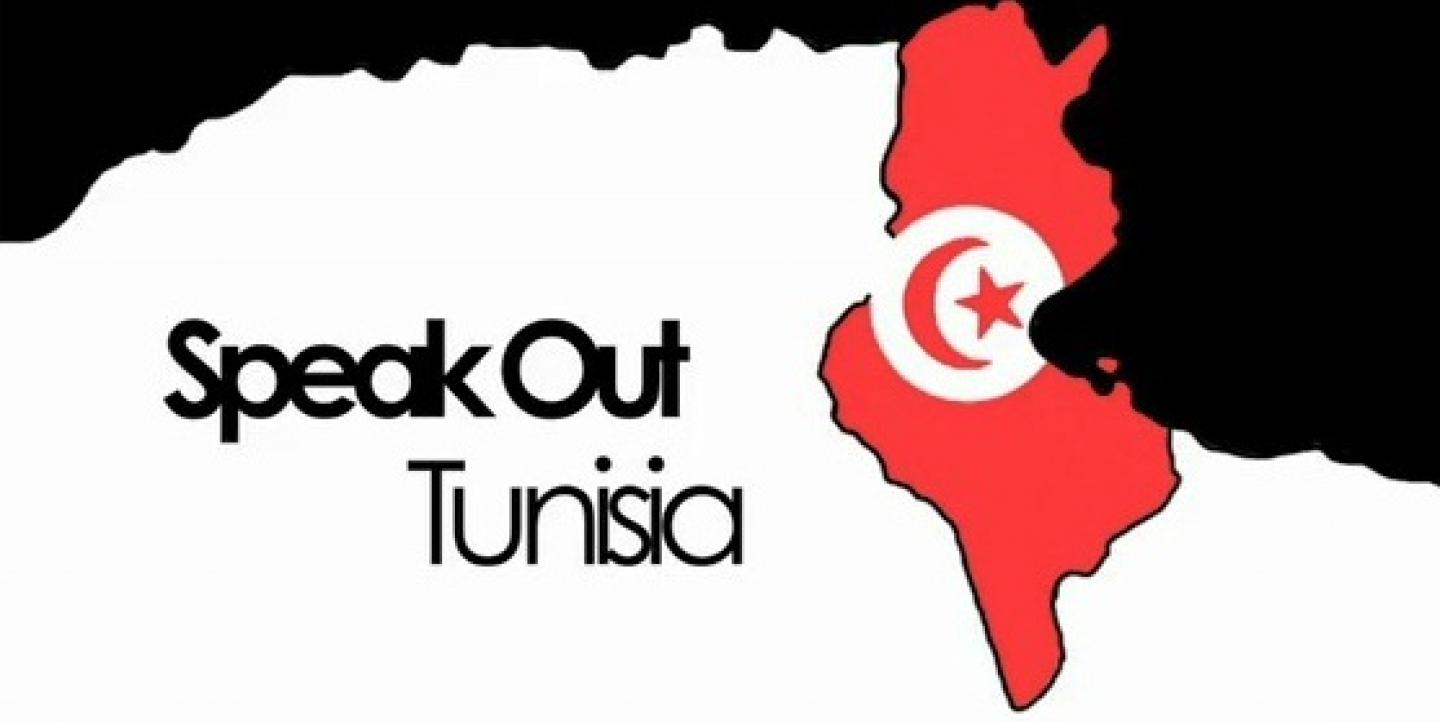A year after the Tunisian revolution, elections have taken place and dozens of new projects have emerged in the promising media landscape of this small country.
Speak Out Tunisia is a citizen journalism training project that aims to teach a diverse group of Tunisian citizens about digital media and online journalism and return the power of a free and fair press to the Tunisian people.
Currently seeking funding with online platform Kickstarter, Speak Out Tunisia will teach video and editing techniques, reporting and interviewing skills, audio recording and editing, photojournalism techniques and smartphone video, editing and live streaming applications, said Anne Medley, the lead instructor of the project.
IJNet talked with Speak Out Tunisia’s team: Medley; Sami Ben Hassine, President of Tunisian PaCTE; Fatma Mokadmi, Vice-President in charge of communications; and Fadoua Ben Jemaa, Deputy Secretary General of Tunisian PaCTE.
IJNet: What's the difference between this and similar projects?
Fatma Mokadmi: First of all, this program aims to build a corps of citizen journalists living in and covering different regions of Tunisia. Moreover, the advanced group of trainees will later be in charge of training future journalists, so we continually renew and grow.
Secondly, everything produced by this corps of citizen journalists will be broadcast on a unique platform PaCTE TV (Pacte des Compétences Tunisiennes Engagées) a citizen project formed immediately after the revolution to bring together Tunisians and supporters to help build a better Tunisia so Tunisians can watch what's happening in different parts of Tunisia as reported by local citizens. On PaCTE TV, Tunisians will also be able to vote for the best stories.
Lastly, the crowdfunding platform chosen for Speak Out Tunisia makes it unique. Tunisians today deeply believe they can collectively pursue and realize ambitious projects that aim to preserve their freedoms.
IJNet: Realistically, do you think Tunisians need anyone to teach them about social and digital media after what we've seen covering the revolution there?
Fatma Mokadmi: Tunisians definitely know a lot about social and digital media, and the Tunisian revolution was due, in large part, to what was posted by citizen journalists on social networks. However, we see a lot of photos and videos posted today that lack credibility. The goal of this training is to teach not only technical skills but also the ethics of journalism (fact-checking, interviewing, protecting sources, etc.) so that the coverage posted on PaCTE TV is considered trustworthy and ethical. Tunisians today believe in the role of citizen journalism in preserving freedom of speech; however, we need it to be an efficient and credible institution and not a double-edged sword.
IJNet: During recent elections, Tunisians used digital and social media to cover events. Was Speak Out Tunisia involved?
Sami Ben Hassine: Prior to the elections, we started PaCTE TV with a clear goal: to inform citizens about elections and voting procedures, to update them with the latest happenings and to interview key people leading the process.
We then acted as observers during the elections. We joined a collective of associations called Mourakiboun, and deployed 4,000 observers in Tunisia and 100 in France. We filmed the entire process of deploying observers from beginning to end, including solutions we found to seemingly unsolvable problems, [showing] how we created an SMS central using just a smartphone that received instant updates from deployed observers, how we met every night via Skype to dialogue with observers and to prepare for the next day and the constant pressure our observers experienced from people who didn't want the elections to go properly.
IJNet: Using Kickstarter to raise the fund for the program is kind of new in the Middle East and North Africa. Are people in Tunisia getting involved with online fund raising or are most of your supporters based abroad?
Fadoua Ben Jemaa: This is definitely an innovative way of funding in Tunisia. However, the backers of this project are not only Tunisians living abroad and foreigners supporting Tunisia, but also Tunisians living in Tunisia. The revolution restored Tunisians’ confidence in the power of acting together. They supported each other during the revolution and realized the importance of joining efforts to achieve their goals of democracy, freedom and justice. Now, they believe that Speak Out Tunisia is a collective effort to ensure a free press for everyone. Crowdfunding is definitely a new way to raise money in Tunisia, but people are rising to the challenge in the name of democracy.
Speak Out Tunisia hopes to raise $19,000 by January 25. You can read more about it here.

